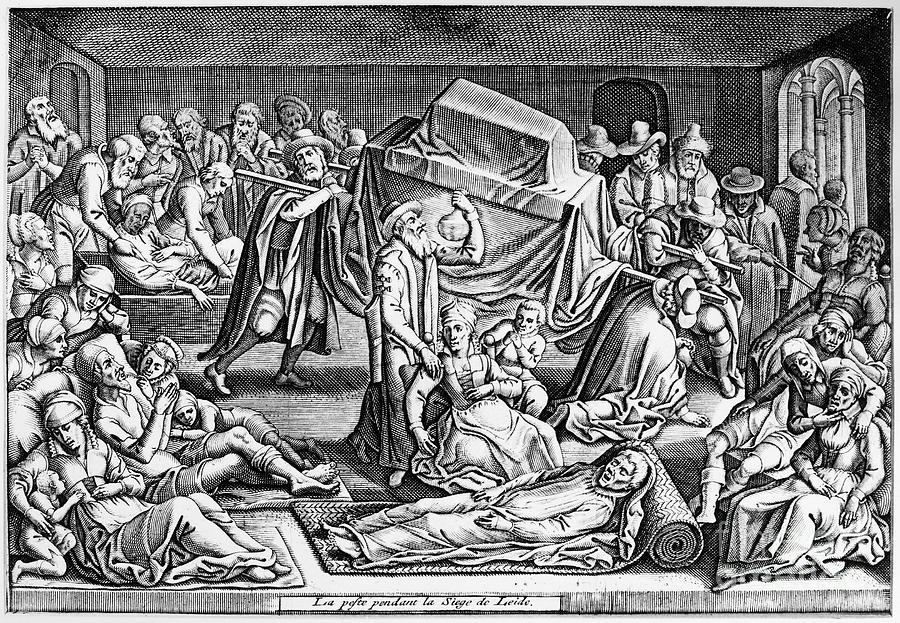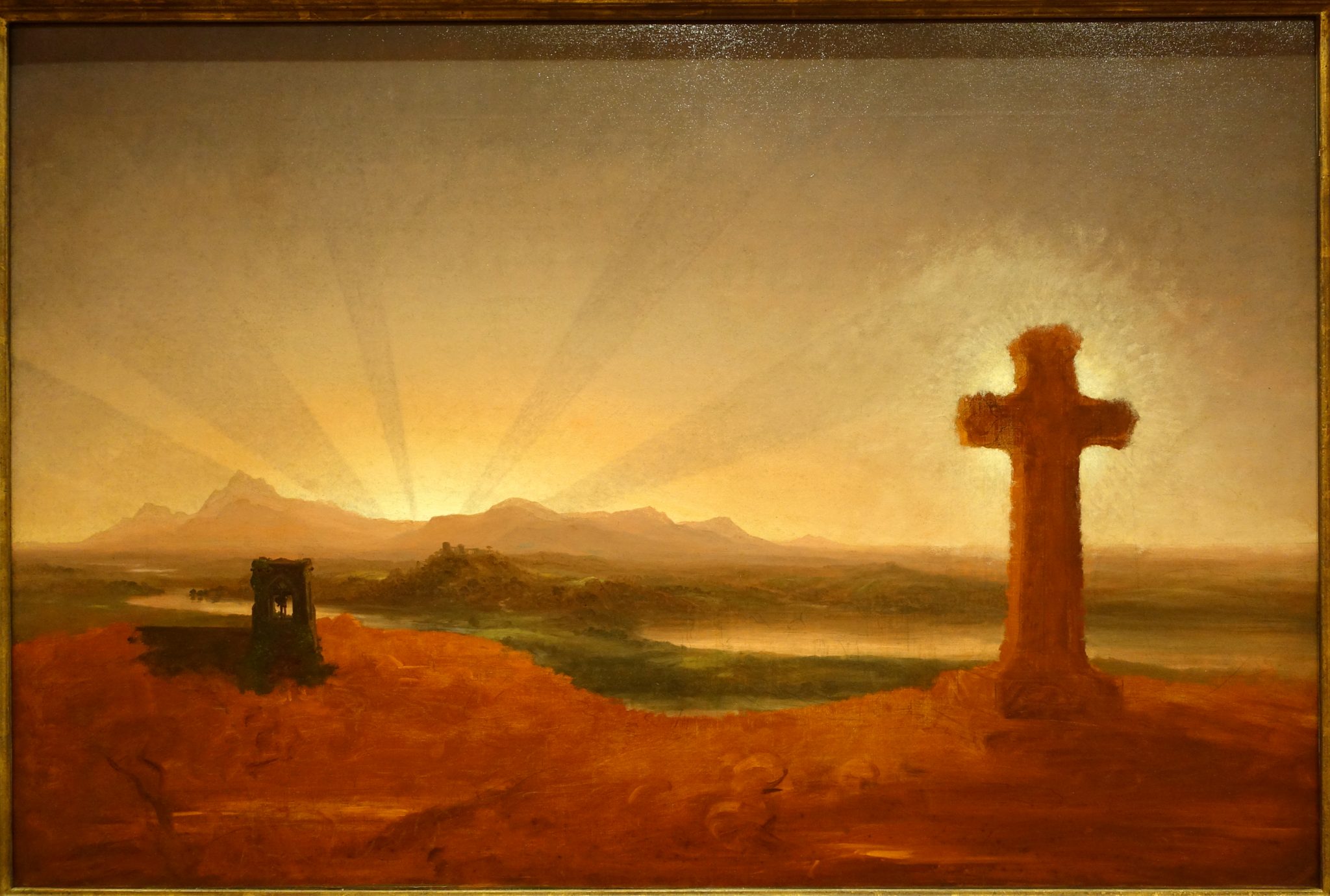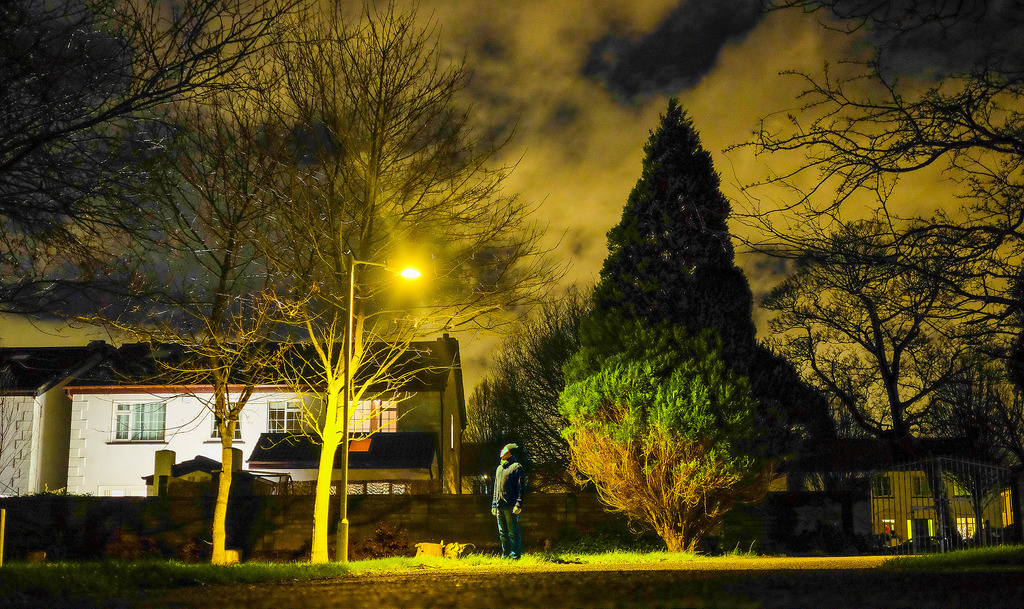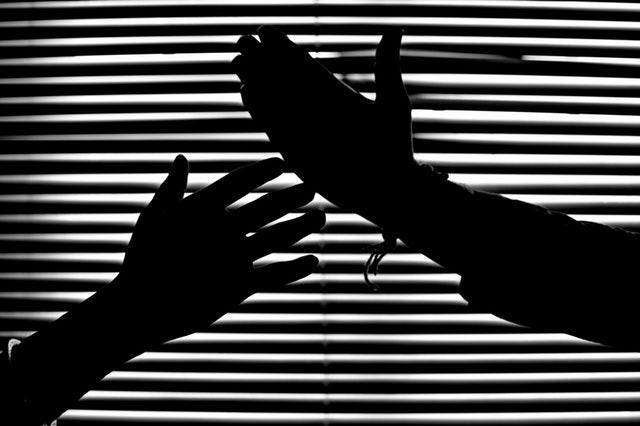“In 165, during the reign of Marcus Aurelius, a devastating epidemic swept through the Roman Empire.” “…it was the first appearance of Smallpox in the west, Zinsser (1934). “But, whatever the actual disease, it was lethal. During the fifteen year duration of the epidemic, from a quarter to a third of the empire’s population died from it, including Marcus Aurelius himself.” ” Then in 251 a new and equally devastating epidemic again swept the empire, hitting the rural areas as hard as the cities.” “This time it may have been measles.” “The Rise of Christianity” Rodney Stark “…the role they, (the plagues), likely played in the decline of Rome was ignored by historians until modern times.” ” again and again, the forward march of Roman power and world organization was interrupted by the only force against which political genius and military valor were utterly helpless — epidemic disease.” Zinsser…
Category: <span>Suffering</span>
“His mercy is judgment”; “His judgment is mercy.” — Preacher’s Homiletic. Psalm 62:12 tells us “Also unto Thee, O Lord, belongs mercy…” On the subject of mercy, John Chrysostom speaks. “She has silver wings like the dove, and feathers of gold, and soars aloft, and is clothed with Divine glory, and stands by the throne of God; when we are in danger of being condemned, she rises up and pleads for us, and covers us with her defense, and enfolds us in her wings. God loves mercy more than sacrifice.” (Matthew 9:13). Have you ever read James 2:13 where it is said, “mercy rejoices against judgment?” Can this be demonstrated? From Dr. Carl H. Stevens, “In word and deed I love them (others), beyond my understanding, not operating in morality which would legislate ‘an eye for an eye’ in revenge. It’s beyond turning the other cheek, it’s turning my…
“Reflection is the change in direction of a wavefront at an interface between two different media so that the wavefront returns into the medium from which it originated.” wikipedia “The throwing back by a body or surface of light, heat, or sound without absorbing it.” oxforddictionaries “the production of an image by or as if by a mirror — the action of bending or folding back.”merriam-webster Pastor Carl H. Stevens made an observation, “God’s nature reflects Divine light, but moral light is merely a reflection of the best human nature has to offer—created light, which has its beginning in human integrity.” So, it appears that a man reflects. The reflection bends or folds back from within a man, what consists of that man’s “identity.” Let’s look closer. “For as he (a man) thinks in his heart, so is he.” Proverbs 23:6 From Psychology Today, Susan Nolen-Hoeksema contends. “The organization of our brain sets us up for overthinking,” The…
Through many failures, unconditional love grows — Through much weakness this love slowly emerges — In our personal sins the nature of His love finds a manifestation — In our frequent besettings He showers us with love — In our embarrassments, His glory shines –in humiliations His strength empowers — In utter weakness, His enablement finds perfection in us — In disgrace we find His grace. Unconditional Love? We have heard of it. It’s absolute, unqualified, clean, complete, consummate, etc. etc His love is all-out — flat out — straight-out –love. His love is pure — perfect — profound — Love. His love is stark — clean — sheer — love. His Love is total — plumb — complete — love. Ezekiel 16:6-8 speaks of this love: “I passed by thee, and saw thee polluted in thine own blood…” “Now when I passed by thee, and looked upon thee, behold, thy time…
“…Blessed are they whose iniquities are forgiven, and whose sins are covered. Romans 4:7 ” … even as God for Christ’s sake hath forgiven you. Ephesians 4:32 “I write unto you, little children, because your sins are forgiven you for his name’s sake. 1 John 2:12 These verses and others place God’s forgiveness of us as a finalized deal which needs no asking or beckoning. But, forgiveness could rest beyond our conscious awareness, outside of our hope; Nevertheless, never beyond faith’s perceptive enablement. Romans 8:24 speaks,” For we are saved by hope: but hope that is seen is not hope: for what a man seeth, why doth he yet hope for?” Proverbs teaches, “Hope deferred makes the heart sick.” But Abraham, “against hope believed in hope” because, “faith is the substance of things hoped for.” Delitzsch reminds us, “Better is he who begins to help than he who remains in…
Can this person be Job? Discover this and more from my just-released book, “Job, Wisdom from the Pit.” The work is an effort to try to make “Job” readable– palatable might be a better word for the majority of us non-scholars. Many times I have advised friends to read “Job” knowing full well they wouldn’t, couldn’t, or having read it, still gain little understanding, and more importantly, minimal help. My version tells “Job” from my heart-strings of personal pain and loss, I identify with Job’s struggle; however, Job’s trial pushes all trials “over the top.” I see the Job story like this: God meets Satan walking, and with bragging voice-tone, recommends Job — a consideration for the Evil One. Satan wants an involvement, and God says, “go!” Satan orchestrates disaster and Job keels over, body and soul. After a few remarkable verbal positives, Job faces bitter music; 3 friends…
“Now when I passed by thee, and looked upon thee, behold, thy time was the time of love.” “and I spread my skirt over thee, and covered thy nakedness.” “I made my vow to you.” “I entered into a covenant with you.” “you became mine. “ Ezekiel 16 Love comes without many things: a set of rules, conditions, or inhibitions. “I read the story of a young bugle boy and a soldier. They both served in the army during the Boer war. The bugle-boy, Willie Holt, was 12 years old when he was assigned to a tent with seven godless soldiers.. One of these men was Bill. However, unlike Bill, Willie was a devoted believer in the Lord Jesus Christ. Each night he knelt by his bed to silently pray and read his Bible. “…a thief had been traced to the tent where Willie and Bill had been…
“When we express ourselves, our bodies release a higher level of reward hormones, and we feel great. The more we talk, the better we feel.” “Our bodies start to crave that high, and we become blind to the conversational dynamics. While we’re being rewarded, the people we’re talking to might feel cut off, invisible, unimportant, minimized, or rejected…” psychologytoday blind-spots “The above exemplifies the eyeless example. The writer continues: “Stop assuming that others see what you see, feel what you feel, and think what you think (that is rarely the case). Your blind spots cause you to fail to recognize that emotions, such as fear and distrust, change how you and others interpret and talk about reality.” Pretty clear? The author offers a remedy: Don’t underestimate your propensity to have conversational blind spots. Start paying attention to and minimizing the time you “own” the conversational space. Share that space by asking open-ended discovery questions to…
Do you have a friend? You can tell them things which you can’t tell others. Friends bear not only your failures, but also your humiliations. A Friend covers the multitude of your sins and tries to understand your rebellions, even. Friends want to know what we are feeling in our dejected state, they are not afraid of our adversity, our repeated errors, our besetting sins. They bear with our weakness. Our Pastor told a story: A child withdrew into their self and the family began noticing they were not emerging out. This continued for a long time and the family tried everything to get the child back. Professional help was sought and years went by. Nothing worked. One day the child’s puppy began to lick the child on the face and would not stop even as the child pushed the pet away. Something happened. The child came back. I have…
Grief stricken, a person isolated their psychological pain. Strong willed? Strong minded? The current generation harnesses many soul powers like “isolation”. Coping mechanisms or defense mechanisms can hold back the flood tides sometimes. Where do these come from? “A well-known categorization of defense mechanisms by George Vaillant in 1994 differentiated between immature defense mechanisms, such as projection (blaming others) and denial, and mature defenses, like humor and sublimation (turning your unconscious motives into productive activity).” Sounds like we have grown more sophisticated? Not just yet. Here are some other “modern” mechanisms: Isolation — keeps yourself clueless about your flaws and missteps. Self-Compensation — your attempt to find an external outlet to feel better. Dissipation — you turn all of your anxieties onto some idealized version of yourself. Interesting, however, “The criterion for evaluating the effectiveness of a defense mechanism, in the Nanjing authors’ model, include whether it (a) distorts the individual’s self-representation (self-image), or (b) causes poorer relations with others.”…









